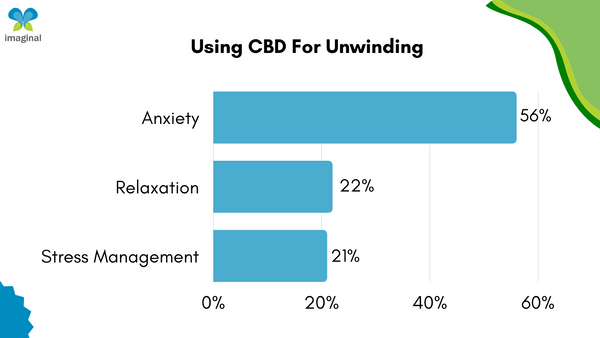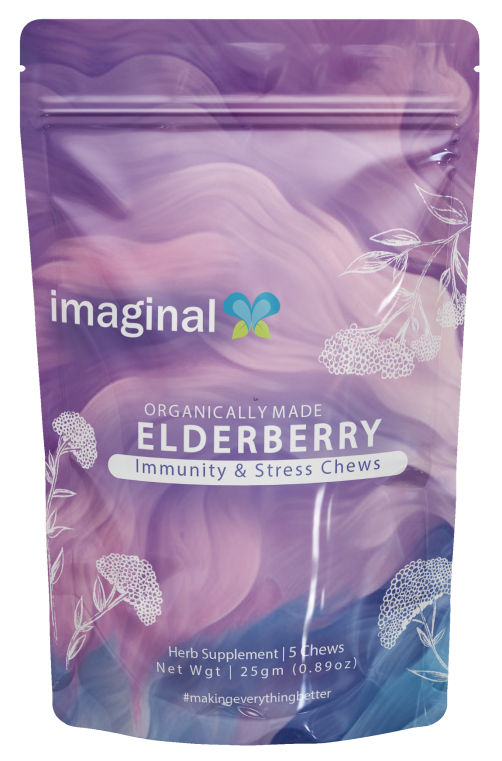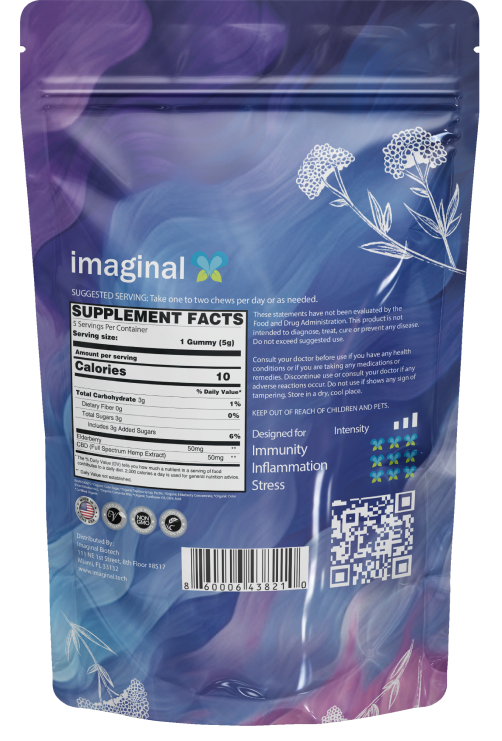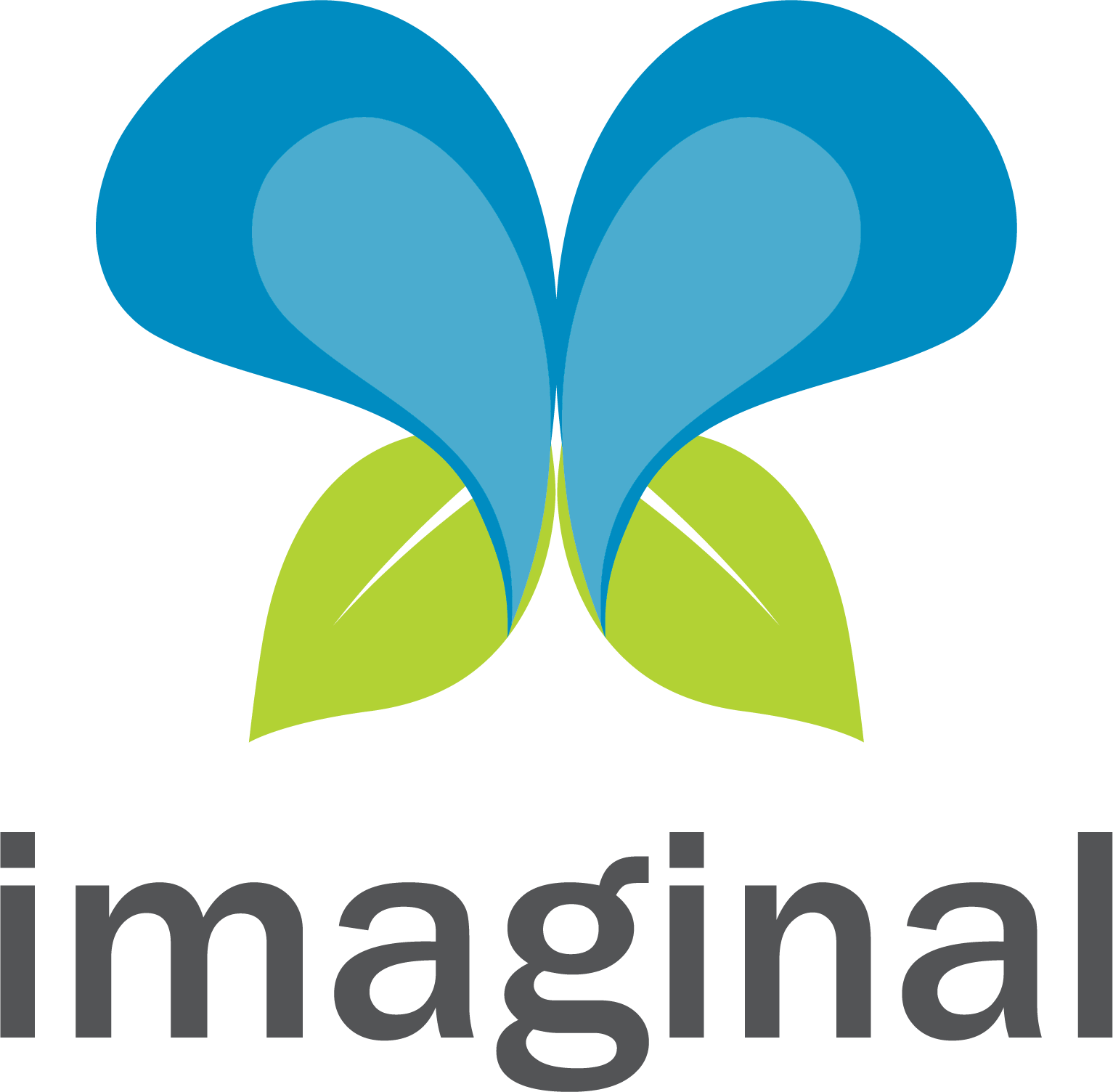People who suffer from anxiety and depression often turn to prescription drugs to ease their symptoms.
But these drugs usually come with a host of side effects, including dependence and addiction that can be even worse than the initial condition.
Luckily, research is starting to show that there’s potentially another promising natural solution for anxiety and depression: CBD
But, what exactly is CBD? Does it actually help improve symptoms of anxiety and depression? And does it have any nasty side effects? Keep on reading till the end to find out!
Table of Contents
- What Is CBD and How Does It Work?
- What Does Science Say About Using CBD for Anxiety and Depression?
- The Potential Side Effects of Using CBD
- How to Use CBD for Anxiety and Depression
- What's the Safe CBD Dosage
- Things to Keep In Mind When Buying CBD Products
- The Future of CBD and Its Use in Treating Mental Health Conditions
What Is CBD and How Does It Work?
In simple words, CBD is a compound found naturally in the cannabis plant.
And contrary to popular belief, it is considered to be a psychoactive substance because it crosses the blood-brain barrier.
Once inside the brain, CBD interacts with our body’s endocannabinoid system (ECS), which regulates important bodily functions such as mood, sleep, appetite, and pain.

What Does Science Say About Using CBD for Anxiety and Depression?
As Dr Ethan Russo, board certified neurologist and psychopharmocology researcher explains in this video, cannabis plants and CBD have been used to treat a variety of conditions for centuries like cocaine addiction.
But it’s only recently that researchers have begun to study its effects on anxiety and depression.
A 2018 study published in the Journal of Affective Disorders has shown that medical cannabis can significantly reduce the symptoms of depression, stress, and anxiety.

Participants reported up to a 50% reduction in their symptoms after the use of CBD.
The study also found that a high amount of CBD (more than 9.5%) and a low amount of THC (less than 5.5%) yielded the greatest improvements in their symptoms.
Similarly, another case study of an individual with substance use disorder, anxiety, and depression revealed that CBD treatment over a 2 month period resulted in a marked decrease in anxiety and depression symptoms.
The participant was also able to achieve abstinence from all addictive drugs as well as stop taking antidepressants.
The Potential Side Effects of Using CBD
A literature survey published in Cannabis and Cannabinoid Research have shown CBD to be an effective treatment for anxiety and depression with a favorable safety profile.
However, it can cause some side effects, most of which are mild and include:
- Headache
- Dry mouth
- Dizziness
- Hot flashes
- Drowsiness
For most people, these side effects usually go away within a few days.
However, for some patients, CBD can also have more significant side effects and can interact with other over-the-counter (OTC) medications.
A 2019 paper published in the Journal of Clinical Medicine shows that CBD can alter the effects of some commonly used medicinal drugs and can cause dangerous drug-drug interactions.
Drugs that CBD can interact with include:
- Warfarin
- Amiodarone
- Cyclosporine
- Tetracyclines
- Haloperidol
- Sertraline
- Verapamil
- Valproic acid
- Fluconazole
- Tacrolimus
So, if you’re currently taking medication like antidepressants for your depression and anxiety, be sure to talk to your doctor before using CBD.
How to Use CBD for Anxiety and Depression
If you're thinking of using CBD to ease symptoms of anxiety or depression, it's important to know what dosage to take and how to use it properly.
CBD products are available in a variety of different forms including capsules, oils, tablets, sprays, topical solutions, and gummies, and as these tweets show, every person will have their own favored type.

One of the most popular ways to take it is in the form of CBD oil. These products are produced by combining CBD with carrier oils like coconut oil and can be taken orally or mixed with food and drink.
Generally, though, the type of CBD you should take depends on what symptoms you’re trying to treat.
If you’re taking CBD for mood improvement and mental health conditions, a dietary CBD supplement might be a good option.
If you’re aiming for specific symptoms of a complex health condition, taking a gummy, oil, or capsule may be a better way to achieve a more concentrated and higher dose.
Lastly, topical solutions can also be used to produce localized effects but they’re not likely to have any mental health benefits.
What's the Safe CBD Dosage
Some clinical trials have reported using dosages between 300-600 mg per day for treatment of anxiety.
However, it’s important to note that there’s no universally agreed upon dosage and the daily required dose can vary from individual to individual depending on a variety of factors.
Additionally, compared to some specific studies, the real-life dosage can be vastly different.
This is because many of studies often use purified forms of CBD instead of wide-spectrum CBD oils and tinctures available in the market which also contain other compounds like THC.
Therefore when using CBD, you should always speak with a healthcare professional who can better calculate the appropriate dosage for your individual needs and health condition.
Things to Keep In Mind When Buying CBD Products
When purchasing CBD products, it’s important to keep a few things in mind:
- CBD products are not regulated by the FDA as OTC drugs, and there’s no guarantee of their safety or effectiveness if you end up buying from an unreliable source.
- CBD can interact with other medications, so be sure to talk to your doctor before using it.
- CBD products are not always labeled accurately, so be sure to purchase from a reputable brand.
- Start with a low dose and increase it gradually as needed. But be sure to use it consistently for at least a few weeks to see if it’s effective.
Additionally, it’s also important to note that many products don’t contain just CBD alone. There are 3 different types of CBD formulations available:
- Isolate: Contains only purified CBD.
- Broad-spectrum: Contains CBD along with other cannabinoids, but not THC.
- Full-spectrum: Contains THC, CBD, and other cannabinoids.
Some research has shown that broad or full-spectrum products are the most effective due to a phenomenon called the “entourage effect”.
This is because CBD’s effects seem to be boosted when taken with other cannabinoids.
Keeping these factors and caveats in mind, you should always buy from a brand that has:
- A demonstrated formulation process which starts off with quality ingredients and excludes impurities, fillers, harmful chemicals and is preferably organic and hypoallergenic.
- 3rd party lab tested products which will guarantee you the amount of CBD/THC and other chemicals so that you are not blindsided.
At Imaginal, we tick both these checkboxes (click on these links to find out more about how we create CBD wellness products that can transform your lifestyle)
The Future of CBD and Its Use in Treating Mental Health Conditions
CBD is a promising, and natural treatment for anxiety and depression that has none of the extreme side-effects of traditional anti-depressants or anti-anxiety meds.
As we highlighted in a post on CBD statistics, about 56% of people have used CBD for anxiety management.

But since CBD is unregulated and there isn't a lot of research, if you’re considering using CBD for anxiety or depression, it’s important to talk to your doctor first.
They can help you figure out the best way to use CBD based on your specific health condition and needs.
Lastly, it’s important to remember that although CBD is legal in many countries, the regulations surrounding it are always constantly changing.
So be sure to look up your local laws before purchasing CBD products.
(This article has been written by Eilaf Meenai)





